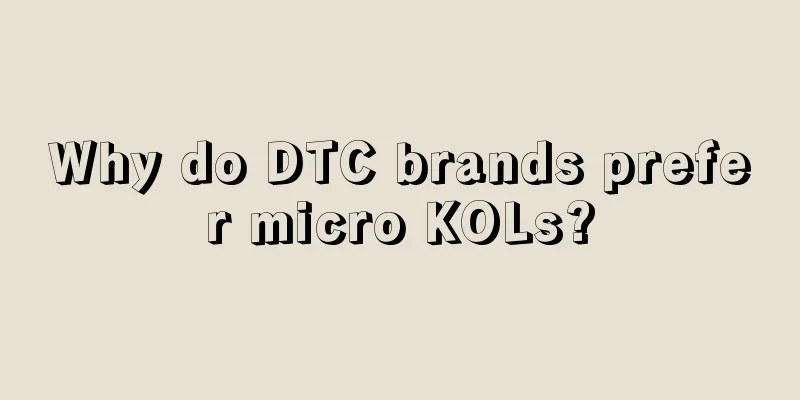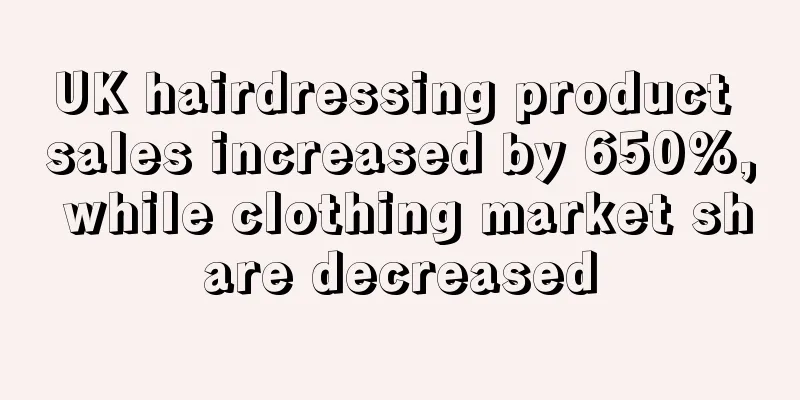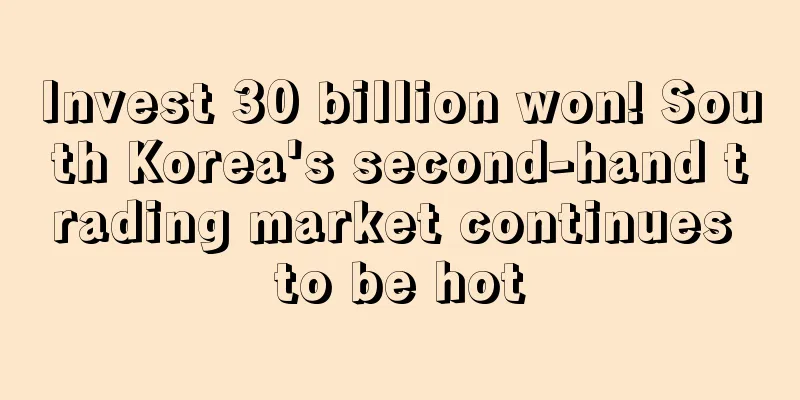Why do DTC brands prefer micro KOLs?

|
More and more direct-to-consumer (DTC) brands are building marketing strategies around micro-influencers to create value through their unique word-of-mouth and personal recommendation marketing , according to brand marketers and industry analysts.
Micro-influencers are niche social media influencers with between 1,000 and 10,000 followers who often have a close connection with their audience and can help DTC brands carry out more powerful marketing campaigns.
While the epidemic has promoted the development of DTC e-commerce brands, it has also caused the promotion income of micro-influencers to rise sharply. According to data from influencer company Izea, a sponsorship position that cost only $5 to $10 in 2006 soared to between $1,500 and $1,600 in 2020.
DTC brand Spotlight Oral Care has been working with micro- influencers since its founding in 2016, and according to co-founder Dr. Lisa Creaven, working with micro-influencers has become an important part of the brand's marketing strategy in 2020 as the pandemic has caused people to stay at home for a long time and increase the frequency of mobile phone and social network use.
DTC brands often choose paid partnerships and giveaways in exchange for micro-influencer posts. Spotlight Oral Care did not disclose how much it spent on micro-influencer marketing, but it is certain that this marketing method accounts for 25% of its overall KOL marketing budget.
Creaven said: " We found that micro-influencers can generate higher conversion rates and are suitable for long-term partnerships. " The brand is currently planning to increase the proportion of its budget spent on micro-influencers to 50%.
But working with micro-influencers can also come with its own set of challenges.
Greg Manago, president of Mindshare , said that typically, micro- influencers need to go through a learning curve because they are new to the field and don’t have the support of a larger influencer , but they also need to attract a larger audience for the brands they promote .
However, Manago also believes that these micro-influencers will eventually adapt to new promotion needs and their ability to influence audiences will continue to improve.
Currently, companies engaged in micro-influence marketing include AspireIQ, Upfluence, and Grin. Among them, the Taipei-based startup Influenxio just received a $2 million Series A funding led by DCM Ventures on March 9. Currently, 80% to 90% of the company's customers are small and medium-sized enterprises, and well-known customers include Shiseido, Shopee, iHerb, and KKBox. Therefore, sellers who want to try micro-influencer marketing also have some relatively mature agencies to choose from. Sellers who are interested in joining can continue to pay attention! Micro-Influencers DTC Brands |
Recommend
The bell is about to ring, and another big seller is on the market!
After big sellers such as Zhiou Home Furnishing a...
What is Lumen? Lumen Review, Features
Lumen is the world's first handheld, portable ...
The stock price plummeted 30% within one week of listing! Korean e-commerce Coupang has attracted widespread attention
It is reported that Coupang entered the New York ...
The average online shopping expenditure per capita is US$304, and Türkiye's e-commerce market has great potential
The report shows that the average online shopping...
What is Mollie? Mollie Review, Features
<span data-docs-delta="[[20,{"gallery"...
What is Baklib? Baklib Review, Features
Baklib is a website system under Chengdu Tanma Tec...
What is The Honest Company Inc.? The Honest Company Inc. Review, Features
The Honest Company Inc. specializes in making clea...
German online store sales increased by 33%, Amazon became one of the best-selling platforms!
Recently, according to a report by the Cologne Re...
What is REACH? REACH Review, Features
REACH (REGULATION concerning the Registration, Ev...
What is Rockpals? Rockpals Review, Features
<span data-docs-delta="[[20,{"gallery"...
What is CBP? CBP Review, Features
CBP (U.S. Customs and Border Protection) is a fed...
With 30.5 million users, Viu leads Southeast Asia’s video streaming market
PCCW's pan-regional OTT video streaming servi...
What is Zhanggulu Selection? Zhanggulu Selection Review, Features
<span data-docs-delta="[[20,{"gallery"...
Price hike! Shipping prices rise again, COSCO Shipping Holdings makes over 200 million yuan a day...
The shipping price of Matson has rebounded strong...
In Europe and the United States, electric vehicles will gradually replace fuel vehicles
As people's environmental awareness increases...









